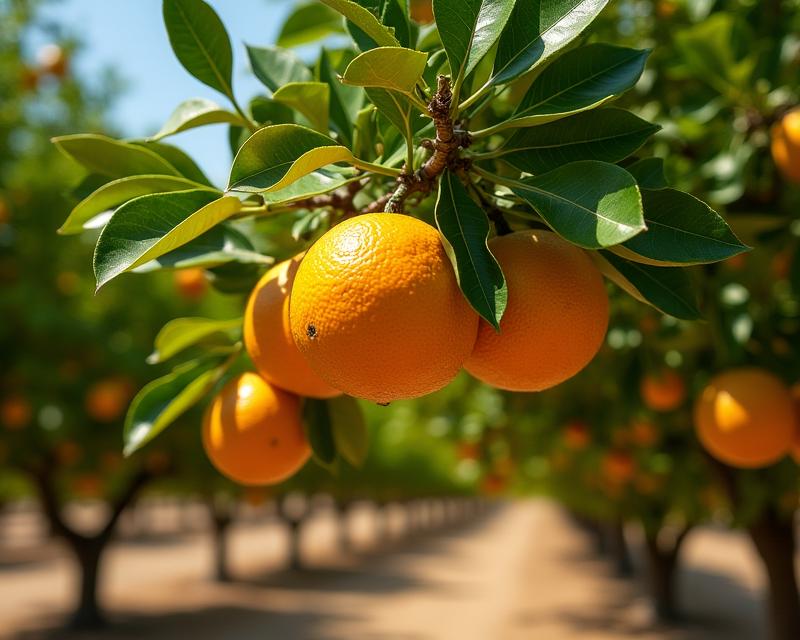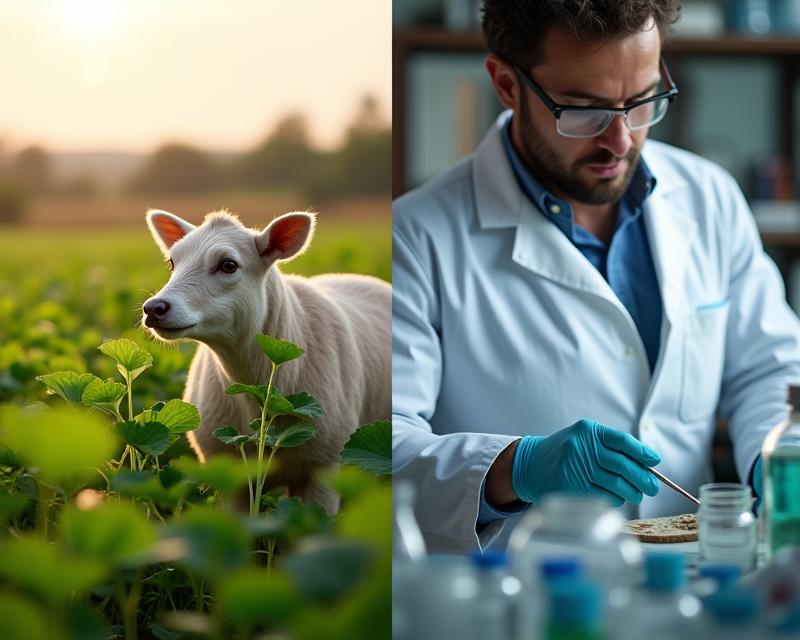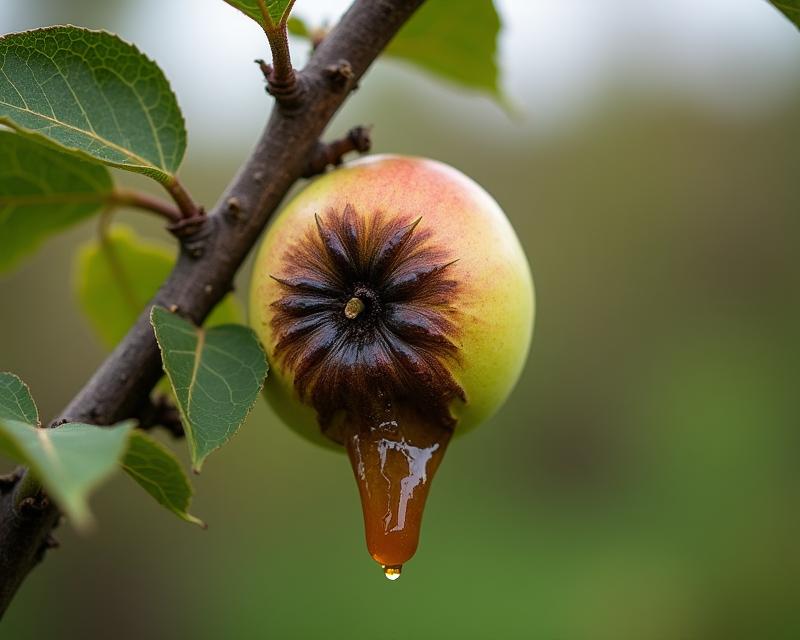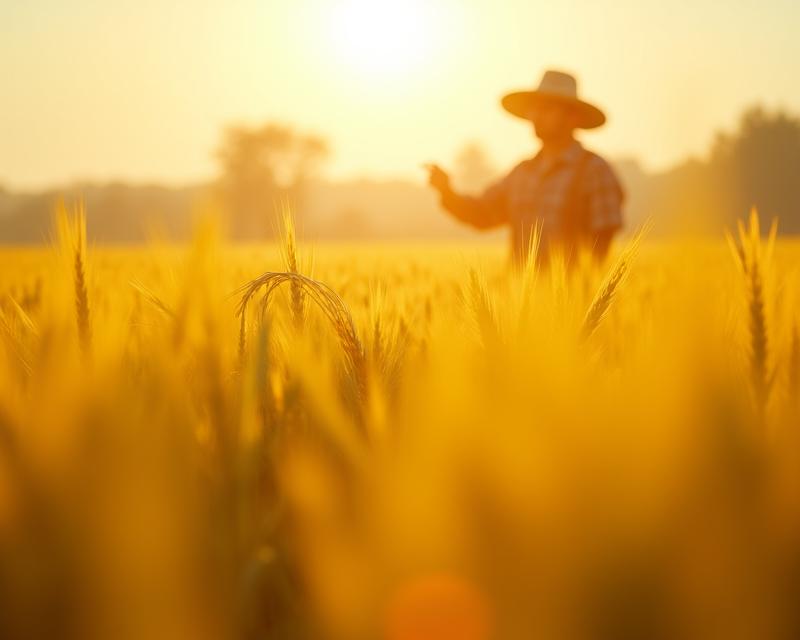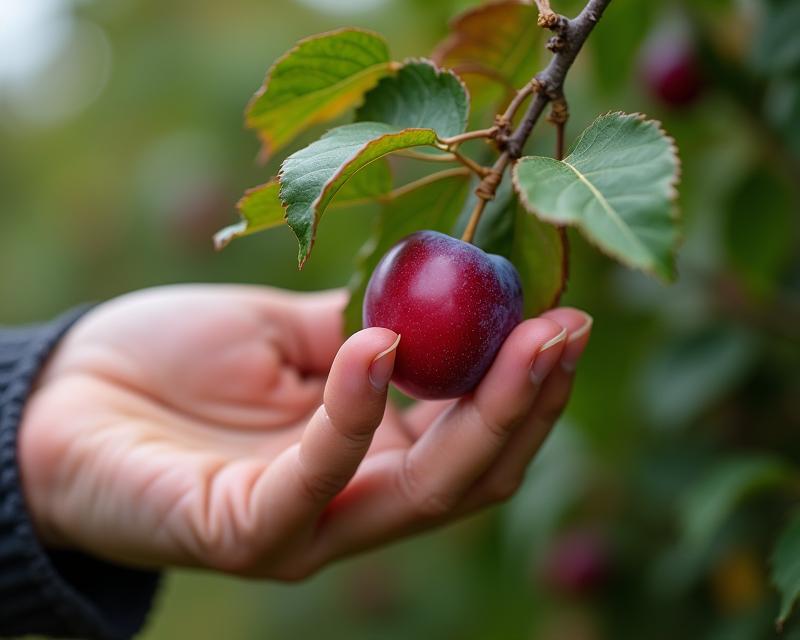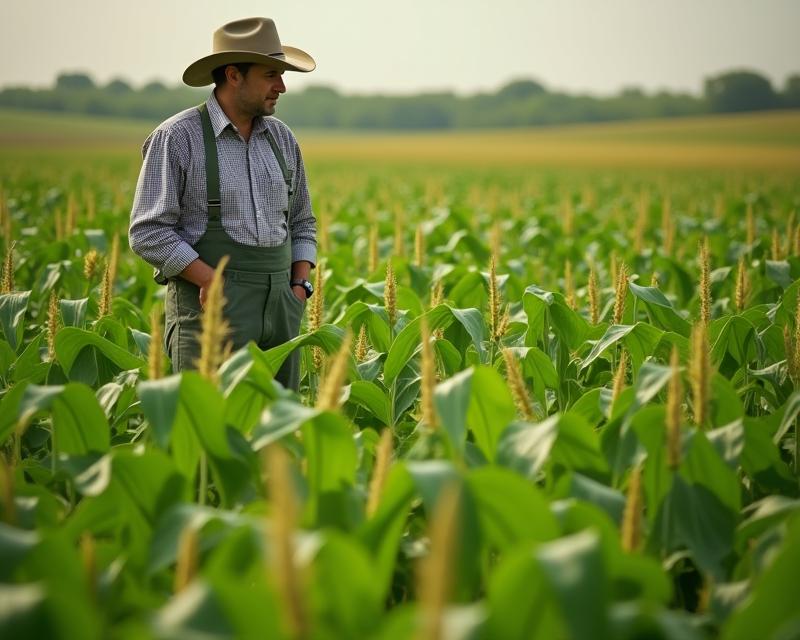Sorghum: A Climate-Smart Crop for Drylands
Publish in Crops el 05/07/2025 02:29
Sorghum: A Climate-Smart Crop for Drylands
For farmers and ranchers in arid regions, water scarcity and unpredictable weather are constant challenges. Corn, a staple crop in many areas, can struggle under these conditions. But there's a resilient alternative gaining traction: sorghum! This ancient grain is proving to be a fantastic option for dryland farming, offering a more sustainable and reliable harvest.
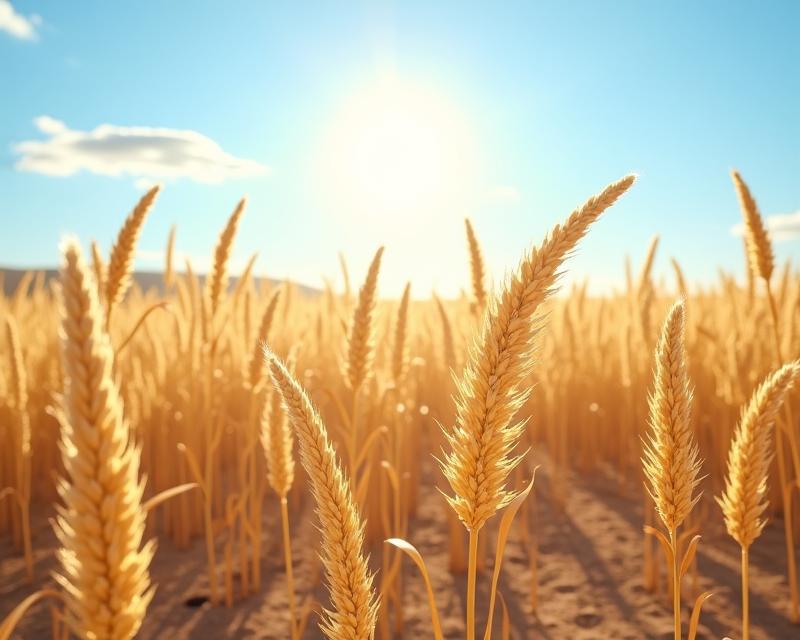
Why Sorghum Thrives Where Corn Struggles
So, what makes sorghum so well-suited for dry climates? It's all about its water efficiency. Sorghum is naturally drought-tolerant, requiring significantly less water than corn to produce a good yield. Its deep root system allows it to access moisture deeper in the soil, something corn often can't do. Furthermore, sorghum has a shorter growing season than corn, meaning it can mature before the dry spells hit, reducing the risk of crop failure. This makes it a much safer bet in areas with limited rainfall and unpredictable weather patterns.
Benefits Beyond Drought Tolerance
The advantages of sorghum extend beyond just drought resistance. It's also incredibly versatile! Sorghum can be used for grain production (for human consumption and animal feed), as forage for livestock, and even for biofuel production. It's a highly adaptable crop that can tolerate poor soil conditions better than corn. Plus, sorghum is naturally resistant to many pests and diseases, reducing the need for pesticides and lowering input costs. This makes it a more environmentally friendly and economically sound choice for farmers.
Making the Switch: A Practical Approach
Transitioning to sorghum might seem daunting, but it doesn't have to be. Start by researching sorghum varieties that are best suited to your specific region and soil type. Consider incorporating sorghum into a crop rotation system to improve soil health and reduce pest pressure. Local agricultural extension offices are excellent resources for guidance on planting, harvesting, and processing sorghum. With a little planning and knowledge, sorghum can be a game-changer for farmers seeking to thrive in challenging climates. It's a crop that not only provides a valuable harvest but also contributes to a more sustainable future for agriculture.
